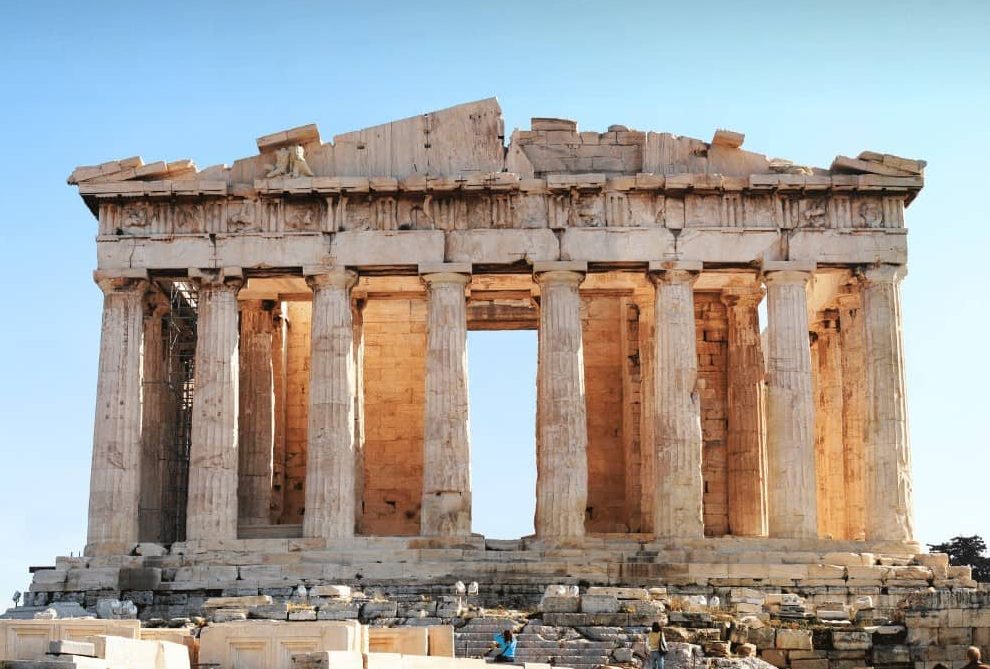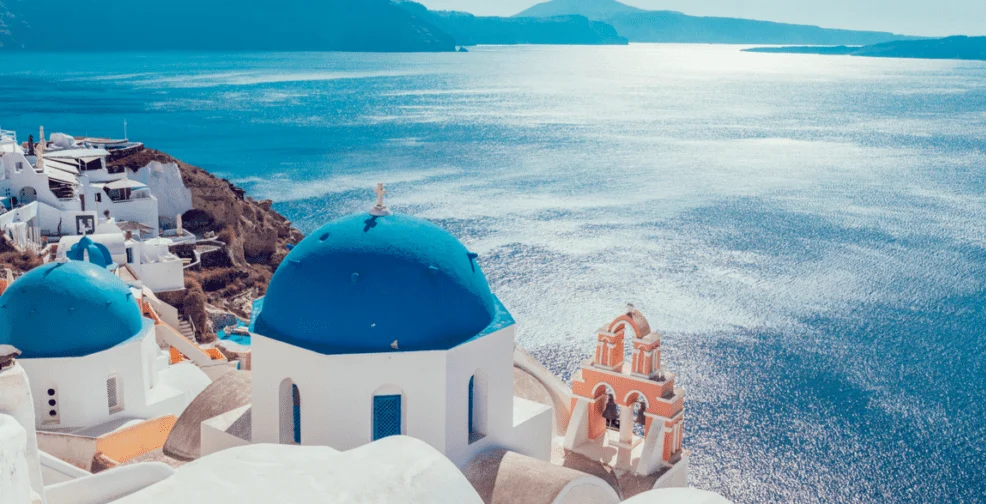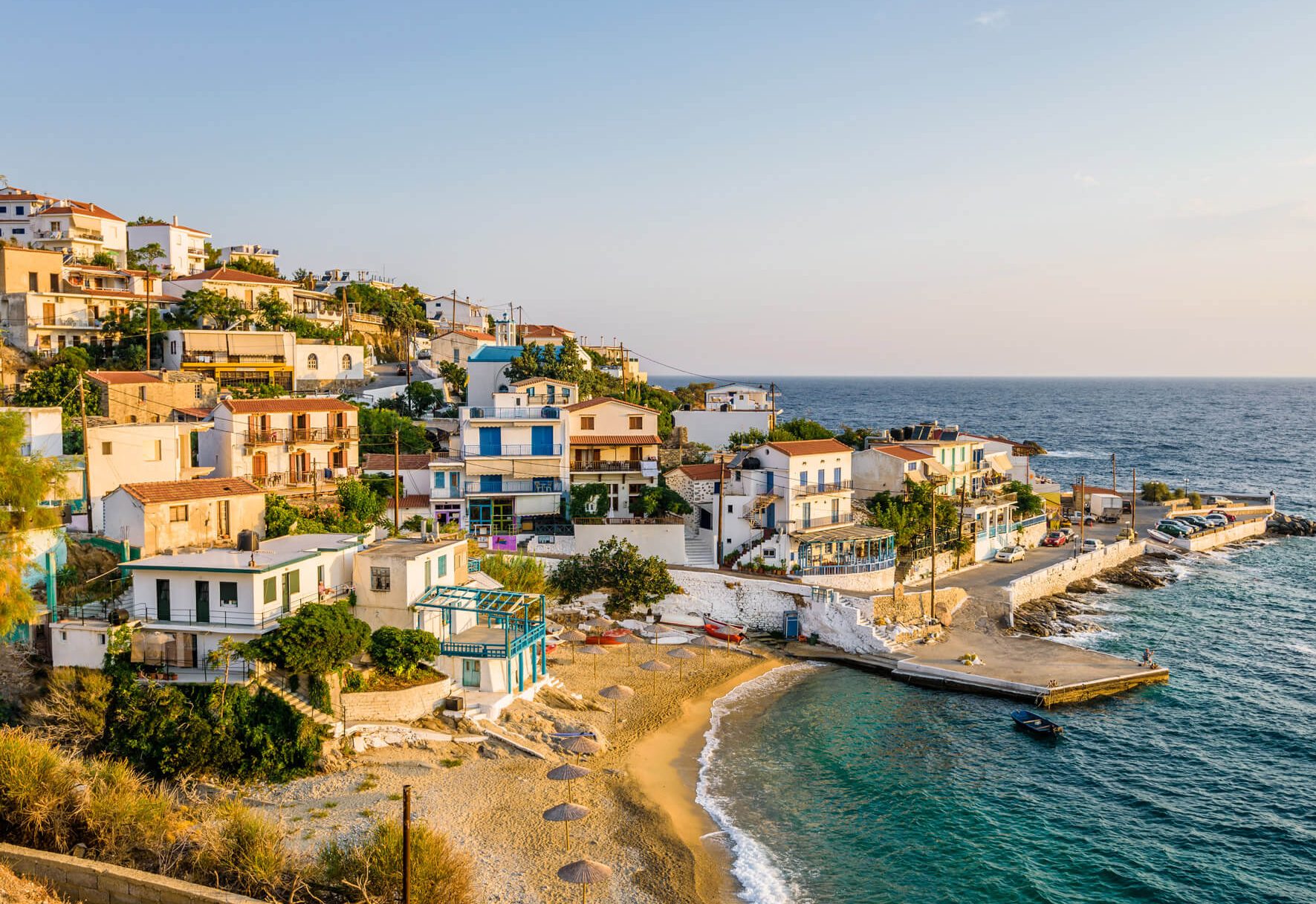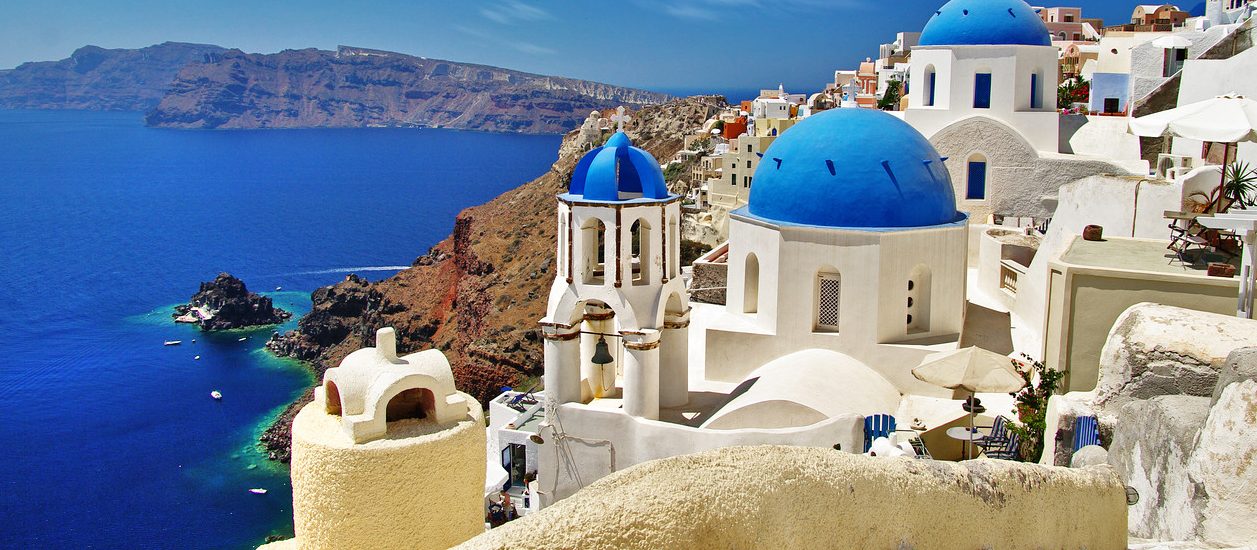Greece is a country in Southeastern Europe that is known for its beaches and many islands. It is also considered the cradle of Western civilization. You can visit the capital of Athens and the ancient Acropolis citadel. Other highlights include the black sands of Santorini and the party resorts in Mykonos.
Ancient Greek culture
The Ancient Greek culture is a civilization that lasted for over a thousand years. It has influenced many modern societies, including the United States and the European Union. The civilization consists of philosophy, architecture, government, and art.
The civilization grew on the Aegean Islands, where early civilizations thrived. Several cultures were influenced by the Greeks, particularly the Egyptians and the Phoenicians. The Greeks absorbed the Phoenicians alphabet and bought grain and other building materials from them.

During the first couple of centuries, Athens was ruled by aristocracy. The aristocracy was rich and enjoyed extravagant banquets and sports games. They were also the patrons of Athena, a goddess.
The Greeks believed that the gods would look after them if they were kind and respectful. They also believed that the gods had special powers. They prayed to the gods and built temples in honor of them. The gods were often depicted in paintings and sculptures. They were associated with different aspects of nature, and were portrayed as major or minor deities.
During the fourth century, Greek artisans started sculpting larger and more realistic figures. They also created female figurines that had long hair and protruding breasts. These statues had an archaic smile and an extended arms holding an offering.
The Daedalic style, named for mythical inventor Daedalus, used geometric shapes to create texture and patterning. This style was also used during the seventh century BCE.
The Ancient Greeks believed in many gods. Some of the gods were human characteristics, while others were associated with animals. They believed that the gods had special powers that could help them. They also believed in superhuman strength. The Ancient Greeks built temples in honor of the gods.
Religious beliefs and mythology
Greek religious beliefs and mythology evolved over time, incorporating foreign elements from Asia and the Near East. Although there was no single “holy book” or “sacred text”, the gods were all around and they were interwoven into life.
Religion was a vital part of life for ordinary Greeks. Priests delivered prayers, ceremonies were held, and citizens could consult exegetes. The ancient Greeks believed that gods would take care of them when they died. They looked to different deities for different purposes. They exchanged gifts and made sacrifices to the gods.

Aside from the gods, Greeks were also interested in nature. Greek philosophers developed ideas about the relationship between humans and nature. They also espoused the idea of reincarnation.
The Greeks believed in the underworld, where spirits of the dead lived. It was believed that these spirits were responsible for pollution. The underworld was also known as Hades. There were other realms of the underworld, including Tartarus. These spirits had a say in the lives of people.
Greek mythology is full of gruesome events. The first Olympians were born of the Titans. Zeus shared the domain with Poseidon. There were a number of other gods, and a few of them were not associated with the Greek gods.
Religious practices were organized at the local level. The local altars were later replaced by temples dedicated to the gods. During the Archaic age, mystery cults began to develop. This group of rituals set itself apart from the rest of the Greek religious system.
Hero cults were usually civic in nature. Veneration of a hero helped people identify the roots of a city and the origins of a family.
Ancient Greek folklore
Ancient Greek folklore was passed on in oral tradition when the myths began to spread in the 18th century BC. It is possible that Minoan singers had a hand in the spread of Greek myths during this time.
One of the most famous Greek oracles was the one in Delphi. It was believed that the power of the oracle came from vapours released from the temple. It is thought that the temple was located above a sacred chasm.
Many of the gods were associated with specific aspects of life. These were sometimes described with epithets. These may represent a particular aspect of the god, such as being the leader of the Muses.
The first Olympic Games were held in 776 B.C. in honour of the god Zeus. They were similar to the modern Olympics.
The earliest Olympic Games were played in Greece. They were also known as the Pythian Games. They were an athletic competition that was held every four years.
The most powerful city-state in Ancient Greece was Athens. Its rulers tended to be noblemen. Sparta was the second largest city-state.
The fourth largest was Corinth. During the Archaic Period, more male heroes and gods became popular. These included Helios, the sun, and Ares, the god of war.
Some of the most famous names in Ancient Greek mythology are Hera, Zeus, Apollo, Poseidon, Hestia, and Ares. There are also underwater gods, monsters, and heroes. The stories often featured bravery and love, as well as fear and war.
In addition to the major gods, there were minor ones. In fact, the most impressive temples in Ancient Greece were usually dedicated to just a few gods.
300 days of sun per year
If you’re considering a trip to the Greek isles, you are probably weighing your options. There are more than 2000 islands to choose from, each with its own unique character and charm. Thankfully, the weather in Greece is relatively benign, making it an ideal destination for a long weekend or longer. Some of the best beaches in Europe are located in the Athens area, less than an hour’s drive from the fabled Acropolis.
The Acropolis has to be the crown jewel of the city, but there are plenty of other hotspots. The Greek island of Corfu, for example, is a perfect honeymoon destination, as it offers an idyllic mix of history, nature and beaches. Other renowned destinations in the archipelago include Mykonos, which is famous for its party scene and its awe-inspiring climate. A brief mention of the Greek island of Crete should also be made, as it boasts the sunniest weather in the entire country.
You may not have the budget to visit all 2000 islands, but you can still enjoy a well-rounded and memorable experience. Whether you want to relax on the beach, explore the historical sites, or dine al fresco, you’ll be in awe of the rich culture and history of the country. In fact, the country is one of the safest in the world, thanks to its well-developed infrastructure, robust legal system and plethora of cultural institutions. This isn’t to say that crime is unheard of, however, as the policing department is surprisingly vigilant.
The country’s scuba diving and snorkeling scene is a good place to start, but if you’re after a bit more adventure, you could always check out the island of Rhodes. With a warm climate and an extensive list of sights to see and places to go, it’s no wonder that Rhodes is a destination of choice amongst sailors and international tourists.
Mykonos is a heavily visited part of Greece
Mykonos is a popular Greek island that attracts visitors from all over the world. It is also one of the most expensive islands in Greece. It is located in the Aegean Sea. In the past, Mykonos was known for its windmills. It is also known for its beaches.
Mykonos’ tourist season is from late June until early September. There are a variety of things to do during your stay. You can visit some of the many churches, museums, and monasteries. You can also enjoy some of the beautiful sunsets. The island has a great public bus service.
The island is divided into seven main areas. Some of these areas are often referred to as villages. The oldest village in Mykonos is Ano Mera. The Monastery of Paleokastro is located here. The monastery contains a collection of Byzantine icons.

Another place to see is the Panagia Tourliani monastery. This historic monastery is located near the center of the island. It is a beautiful building with a marble fountain in the courtyard.
You can also visit the Folklore Museum to learn about the history of Mykonos. This museum has a wide selection of items, including historical tools. The museum is open 7 days a week. There is a donation fee and the museum is closed for lunch.
Mykonos is also a great place for clubbing. During the summer, the island attracts DJ’s from all over the world. You can find many bars and clubs in Mykonos Town. You can find restaurants that serve Greek cuisine, which is full of refreshing salads and honey-soaked baklava.
During your stay in Mykonos, you can take a guided tour of the city. You will have an opportunity to explore the old port, as well as some of the hidden gems of the island. There are also kayak tours that allow you to view Mykonos from the water.





